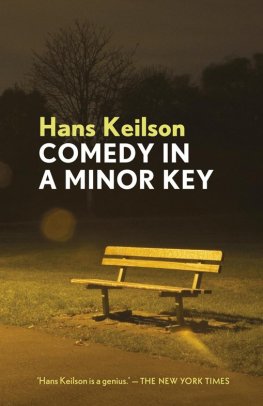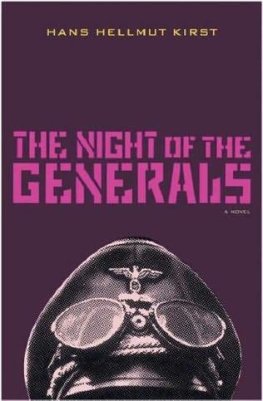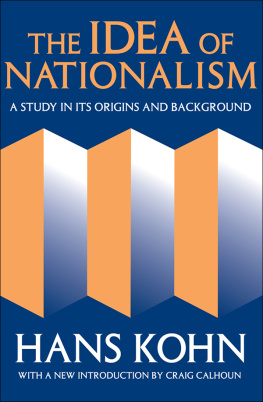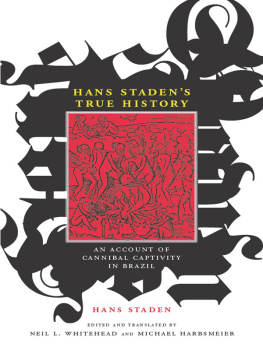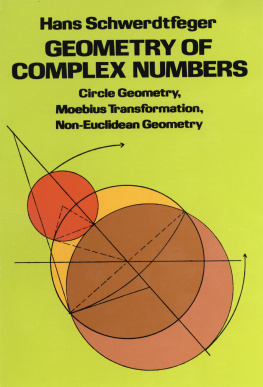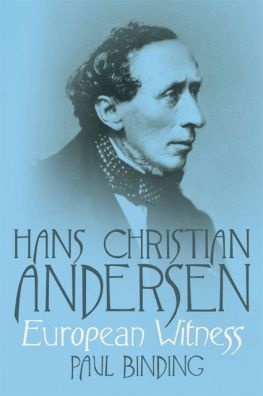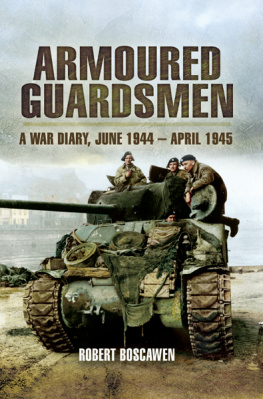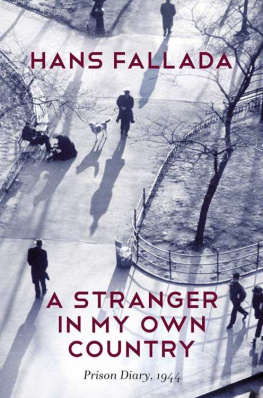Hans Keilson - 1944 Diary
Here you can read online Hans Keilson - 1944 Diary full text of the book (entire story) in english for free. Download pdf and epub, get meaning, cover and reviews about this ebook. year: 2017, publisher: Farrar, Straus and Giroux, genre: History. Description of the work, (preface) as well as reviews are available. Best literature library LitArk.com created for fans of good reading and offers a wide selection of genres:
Romance novel
Science fiction
Adventure
Detective
Science
History
Home and family
Prose
Art
Politics
Computer
Non-fiction
Religion
Business
Children
Humor
Choose a favorite category and find really read worthwhile books. Enjoy immersion in the world of imagination, feel the emotions of the characters or learn something new for yourself, make an fascinating discovery.

- Book:1944 Diary
- Author:
- Publisher:Farrar, Straus and Giroux
- Genre:
- Year:2017
- Rating:5 / 5
- Favourites:Add to favourites
- Your mark:
- 100
- 1
- 2
- 3
- 4
- 5
1944 Diary: summary, description and annotation
We offer to read an annotation, description, summary or preface (depends on what the author of the book "1944 Diary" wrote himself). If you haven't found the necessary information about the book — write in the comments, we will try to find it.
1944 Diary — read online for free the complete book (whole text) full work
Below is the text of the book, divided by pages. System saving the place of the last page read, allows you to conveniently read the book "1944 Diary" online for free, without having to search again every time where you left off. Put a bookmark, and you can go to the page where you finished reading at any time.
Font size:
Interval:
Bookmark:
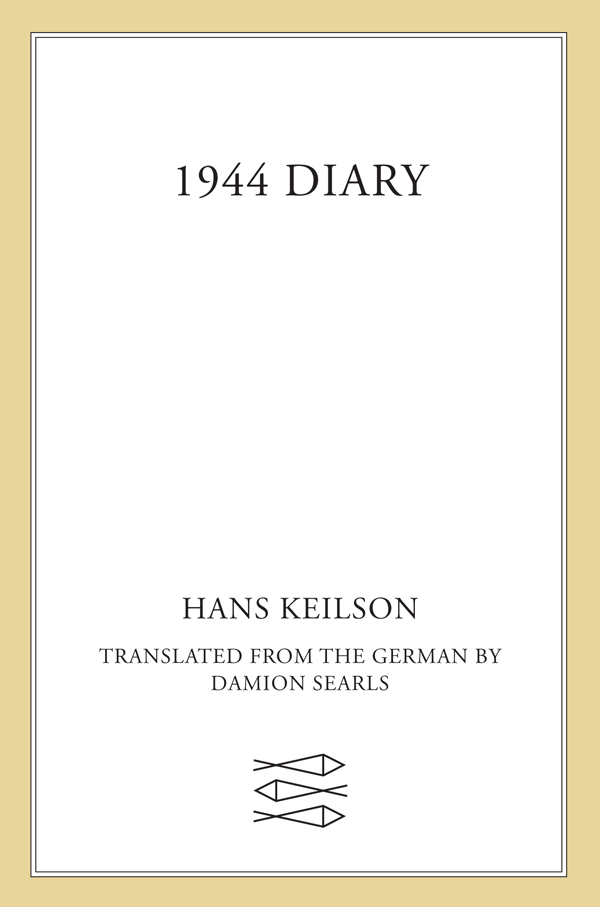

The author and publisher have provided this e-book to you for your personal use only. You may not make this e-book publicly available in any way. Copyright infringement is against the law. If you believe the copy of this e-book you are reading infringes on the authors copyright, please notify the publisher at: us.macmillanusa.com/piracy.
Hans Keilsons 1944 Diary , written while he was in hiding from the Nazis in the Dutch city of Delft, is a unique document.
Its most obvious counterpart is the diary of another German-born Jew in the Netherlands during World War II: Anne Frank. But they were very different peopleKeilson a grown man and father, largely free to walk the streets and travel throughout the country; Frank, of course, never reaching adulthood, betrayed and arrested on August 4, 1944. Still, Keilsons diary is an immensely revealing complement to Franks diary, helping show how much of Franks wartime experience was the product of its time and place and how much was particular to her.
And Hanna Sanders, Keilsons lover, who plays such a large role in his diary and an even larger role in the mental and spiritual struggles lying behind it, was only seven years older than Anne Franka kind of alternate-reality smart, curious, sensitive, literary young Jewish woman in Nazi-occupied Holland. We see Sanders only through Keilsons eyes, but he was too good a writer and observer for her own personality not to shine through, especially in the outpouring of poems he wrote for her and about her experiences, such as the destruction of her home during the bombing of Rotterdam.
Keilson was not just any writer. His novel Comedy in a Minor Key , published in 1947, was widely recognized as a masterpiece when it was finally translated into English in 2010. It is about a Jew in hiding in Delft who dies of natural causes, and now what are his hosts supposed to do with the body without getting caught? The emotional center of the novel is not the man in hiding, as one might expect from an author in hiding himself, but instead the ordinary people around him, doing their best in a dark time. The diary reveals that he wrote the novel between April and June 1944, about a real incident. Hanna Sanders translated it into Dutch.
Few such works of Chekhovian sympathy are written in such pressurized circumstances, and none that I know of are accompanied by a document like this diarya kind of spiritual X-ray of the mind and heart behind the art. (Literature, Keilson remarks at one point, can only be understood starting out from the person writing it.) The closest analogy I can think of is the other most famous book written in Dutch, besides Franks: the letters of Vincent van Gogh. Keilson was writing for himself, and unlike the painters letters, the diary is often terse and cryptic, leaving out information a reader would need to understand quite what is going on. But both vividly bring to life their authors doubts about how to possibly pursue their true calling. In 1944, even while writing Comedy and the dozens of sonnets to Hanna, Keilson was not sure he was cut out to be a writer at all. The diary is not a writers notebook; it shows someone stepping back to struggle with what it might mean to be a writer, and a human being.
Perhaps the greatest surprise of 1944 Diary is that it is less about Keilsons day-to-day life and survival than about the moral and artistic existence he was struggling to create for himself. There are a couple of showstopping set pieces in the bookan encounter with a Dutch pastor sick of having to help Jews; a long entry written in pencil, in real time, during a Nazi roundup in the neighborhood. But as a whole it is mostly about his affair with Hanna, his poems, his notes on reading Kafka, Rilke, Cline, Baudelaire, Buber, and others. News of the Allied reconquest of the Netherlands, the fall of Nazi Germany, appears only in passing. Wartime events, he writes, however much they grip me, are no longer my real life: whats real is the human being, the poem, people together. This is why the poems are included in 1944 Diary : they are not just a crucial record of Keilsons experience, they are the core of his experience.
The diary and sonnets to Hanna are a testament to finding ones way amid horrors and conflicts of all kinds. Human struggles can outweigh even the Holocaust, world war, the Dutch Hunger Winter. When Keilson called 1944 the most critical year in my life, he meant its inner significance. As he would write near the diarys end: If you push and push you eventually force a way to your center.
* * *
Hans Alex Keilson was born in 1909, in a town in eastern Germany near Poland. In 1933, he was twenty-three years old and leading a busy life in Berlin: studying medicine, qualifying as a state-certified swimming and gymnastics instructor, playing trumpet in a jazz band at night, helping support his parents after his fathers store had gone out of business, and awaiting publication of his first novel, the autobiographical Life Goes On , which would be the last novel by a Jewish writer published by Fischer Verlag before the war. Through Fischer, he met literary luminaries such as Bertolt Brecht, Alfred Dblin, and Franz Hessel.
One night, at a classmates party, he met Gertrud Manz, who had already been married and divorced and had a child, born in 1922. They stayed at the party until four in the morning, then walked through the streets of Berlin, sat down on a bench, and continued talking until dawn. Keilson would much later describe her appeal as follows: She was an adult woman I could talk to as an adult man and who treated me as such. This was actually the first time in my life that I felt taken seriously by a woman, socially speaking. She was seven years older than me and opened up new perspectives; she was a completely new kind of person in my experience. Psychoanalytical, without having herself been analyzed; in contact with doctors, lawyers, psychologists; used to dealing with Jewish people. She was different, she lived differently, and she knew what was happening and what was going to happen.
And so, in 1936, the Catholic Gertrud convinced the Jewish Hans to flee Germany. They traveled to the Netherlands as tourists, with practically no money, and stayed first in Amsterdam, soon afterward at various addresses in nearby Naarden, where a relative of Keilsons worked at the residence-permit office and could help them. Keilson mastered Dutch and was able to find work as a swimming and gym teacher, editorial assistant, and counselor in schools and other institutions. He and Gertrud lived in different houses on the same street. They had a stillborn son in 1940; their daughter, Barbara, was born in 1941, nineteen years after Gertruds first child. Gertrud pretended that the father was a German soldier, to protect Barbara and herself.
The Germans had conquered the Netherlands in May 1940. Despite the antiauthoritarian character of the people and the resistance activity of many of the Dutch, the Netherlands proved dangerous indeed to the Jews: the country would eventually be known as the Holocausts Poland of the West, with the highest proportion in any nation of Jews turned in, Jews murdered, non-Jews serving in the German war machine. By early 1941, the 160,000 Jews in the country, 137,000 of them Dutch, were required to register at the Central Jewish Emigration Bureau, resulting in their deportation via Westerbork transit camp; of the more than 101,000 Jews deported, barely 6,000 survived. The first razzias or roundups of Jews came in February 1941; the yellow star for Jews was introduced in May 1942. Gertrud and Hans had managed to get Hanss parents out of Germany in 1938, but in April 1943 his parents were taken to Westerbork and, instead of being allowed to emigrate to Palestine as promised, sent to Auschwitz.
Font size:
Interval:
Bookmark:
Similar books «1944 Diary»
Look at similar books to 1944 Diary. We have selected literature similar in name and meaning in the hope of providing readers with more options to find new, interesting, not yet read works.
Discussion, reviews of the book 1944 Diary and just readers' own opinions. Leave your comments, write what you think about the work, its meaning or the main characters. Specify what exactly you liked and what you didn't like, and why you think so.

